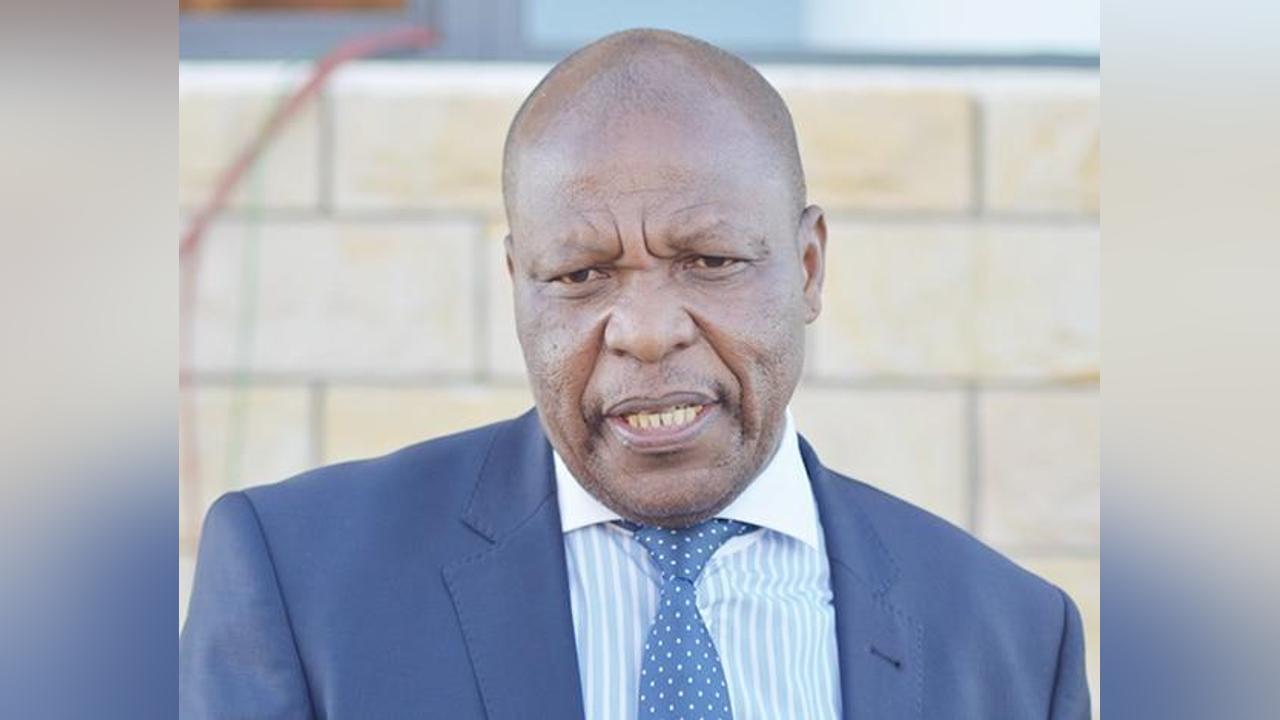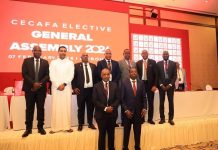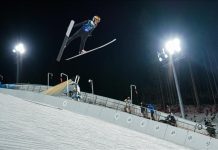Africa-Press – Lesotho. Former Deputy Prime Minister Mothetjoa Metsing and Popular Front for Democracy (PFD) leader Lekhetho Rakuoane want section 82 of the constitution amended to bar a sitting Prime Minister from proroguing parliament for a year.
This comes amid rising fears that embattled Prime Minister Thomas Thabane could advise the King to prorogue parliament as he battles to stave off the seemingly inevitable downfall of his shaky four-party government.
Thabane’s 21-month-old government has lately been lurching from crisis to crisis, due mainly to a leadership battle within his governing All Basotho Convention (ABC).
While discord has been fomenting for some time in the party, headwinds gathered pace in February when the party’s National Executive Committee (NEC) – voted out at an elective conference held in Maseru from February 1 to 2 – refused to hand over power.
Professor Nqosa Mahao, Vice Chancellor of the National University of Lesotho, grabbed the coveted deputy leader’s position to Thabane’s chagrin. At a rally in Abia in January, Thabane dismissed Mahao as a rag and nonentity who did not belong in the ABC.
Two Ministers Keketso Sello and Habofanoe Lehana and one Member of Parliament (MP) Mohapi Mohapinyane then rushed to the high court, seeking nullification of the election, which they argued should be re-run in three months.
Some 20 disgruntled ABC MPs sympathetic to Mahao at that juncture threatened to collapse government if Thabane did not recognise the newly-elected party NEC and co-operate with it. Thabane reportedly laid the gauntlet before the legislators, daring them to defy him and risk a fresh a general election.
Metsing, leader of the former ruling Lesotho Congress for Democracy (LCD), and Rakuoane who served as deputy speaker of the national assembly between 2012 and 2014 home affairs minister between 2015 and 2017, made the motion to amend the constitution in parliament on Wednesday.
“The constitution allows the Prime Minister to advise the King to prorogue parliament for not more than 12 months.
We think that is a very long period of time that is why we are saying that if there is a need to prorogue parliament, it should not be for such a long time, two months at most,” Rakuoane told Public Eye yesterday.
Rakuoane added: “We are trying to protect parliament so that nobody interferes with its work. We need parliament to continue for prescribed five years without interference.
The constitution states that the King may at any time prorogue or dissolve Parliament and states further that in the exercise of his powers to dissolve or prorogue Parliament, the King shall act in accordance with the advice of the Prime Minister.
Prorogation means all meetings of parliament are discontinued without dissolving it. When parliament is prorogued, all business in the house, including bills in progress, come to an end, disposed of and cannot be taken to the next parliament session.
Motions lapse when the house becomes prorogued, questions which have not been answered fall, nothing more happens with them. If they have not been answered, then they stay unanswered.
Everything has to be started all over again. Like all modern constitutions, the Lesotho constitution provides for its own amendment by parliament and prescribes special procedures to effect amendments. The constitution has already been amended eight times since it came into force in 1993, following prescribed procedures.
It was last amended in December last year, to uplift the discriminatory provisions which were favouring foreign women married to Lesotho citizens over foreign men who marry Basotho women by providing for similar requirements of Lesotho citizenship.
The amendment further removed the constitutional prohibition on dual citizenship and restoration of Lesotho citizenship with the aim of facilitating the return and reintegration of Lesotho citizens by birth or ancestry who had lost their citizenship.
Attorney General Haae Phoofolo (KC) told Public Eye yesterday that not all sections of the constitution can be amended only if the proposed amendment has been approved by the people in a referendum.
A referendum gives the citizenry the opportunity to express their opinion and vote for or against proposed amendments. A bill amending some sections of the constitution can be passed by the National Assembly and the Senate, with a supporting vote of at least two thirds of the two houses’ members.
“Some sections are entrenched in the constitution and can only be amended through a referendum,” Phoofolo said. Rakuoane indicated that amendment of prorogation can be done by the two houses only.
Thabane is the only Prime Minister to prorogue parliament in a bid to fend off a vote of no confidence in his government. In June 2014, the LCD – the second largest member of the lesotho’s first-ever coalition government that ruled from 2012 to 205 led by Thabane, accused him of violating the coalition agreement.
The collapse of that government was imminent when Thabane prorogued parliament. His decision to prorogue parliament came shortly after an attempt to unseat him was launched by the leader of Basotho Batho Democratic Party (BBDP) Jeremane Ramathebane when he filed a motion of no-confidence.
Ramathebane’s motion was seconded by the Democratic Congress (DC) but when he prorogued parliament, Thabane said that would give the coalition government partners time to sort out their differences without the distraction of parliamentary business.
The prorogation was described as draconian by Thabane’s detractors and the international community. He was forced to reconvene parliament by the Southern African Development Community (SADC). Rakuoane yesterday said he was afraid history would repeat itself.
For More News And Analysis About Lesotho Follow Africa-Press






